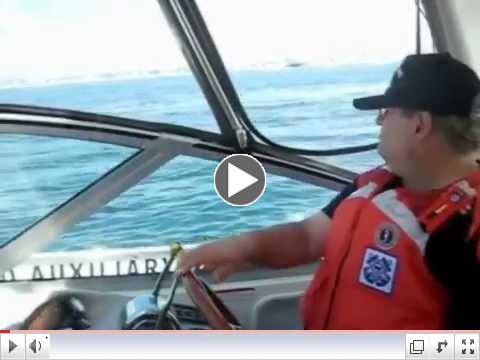About Boating Safely
- General information about boats and maintenance

- Information on preparing for safe and enjoyable outings
- Navigation rules and aids to navigation
- Guidelines for operating your boat or PWC safely
- What to do in case of boating emergencies
- State-specific laws and regulations you must follow
- Certificate for successful course completion
In general, this information applies to all recreational watercraft (powerboats, PWCs, sailboats and boats which are paddled). PWC and Jet Ski operators often have additional laws and restrictions which apply to them.
 |
| JOIN THE U.S. COAST GUARD AUXILIARY |
Click this link for more information
Safe Boating Classes